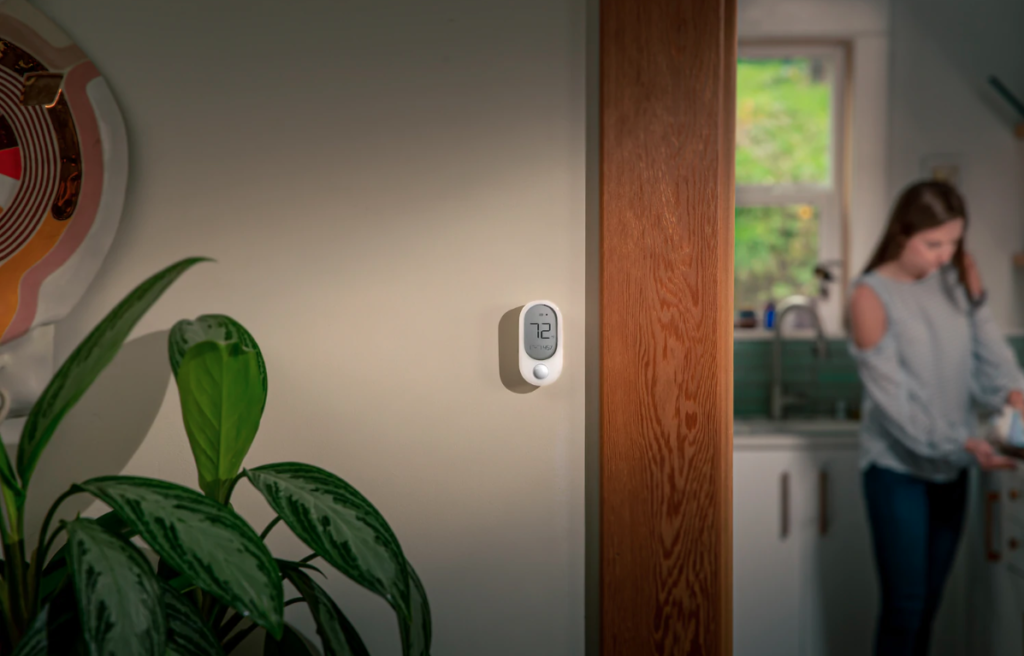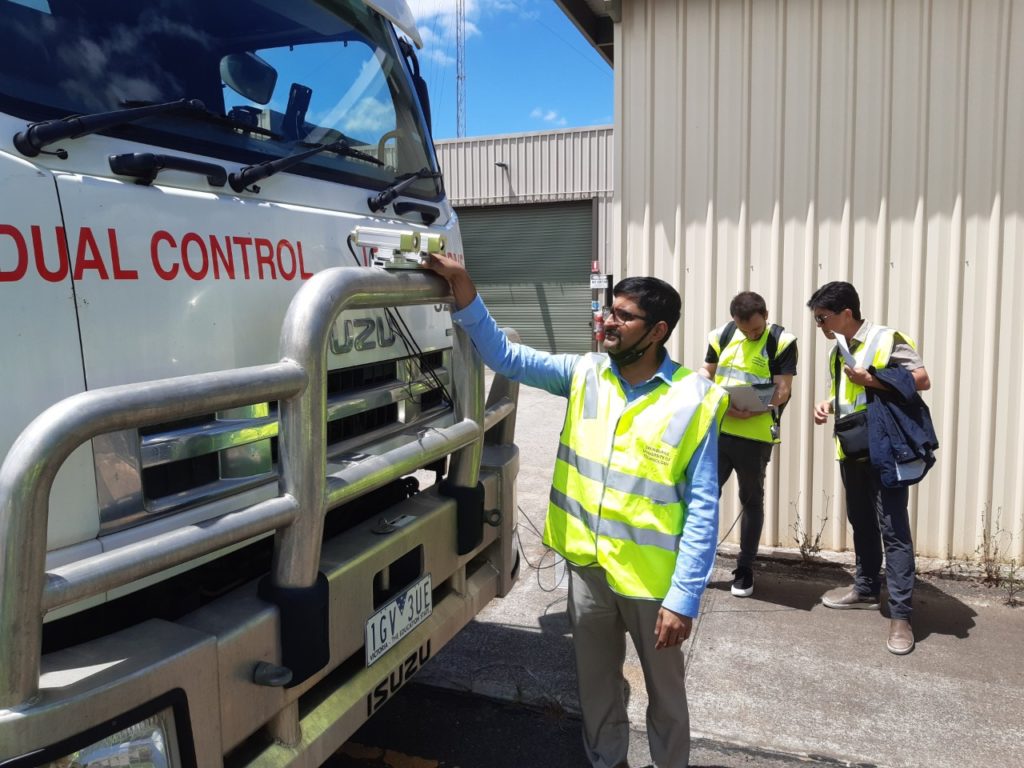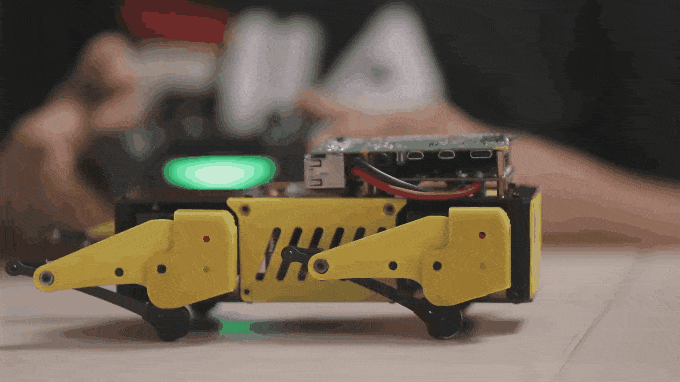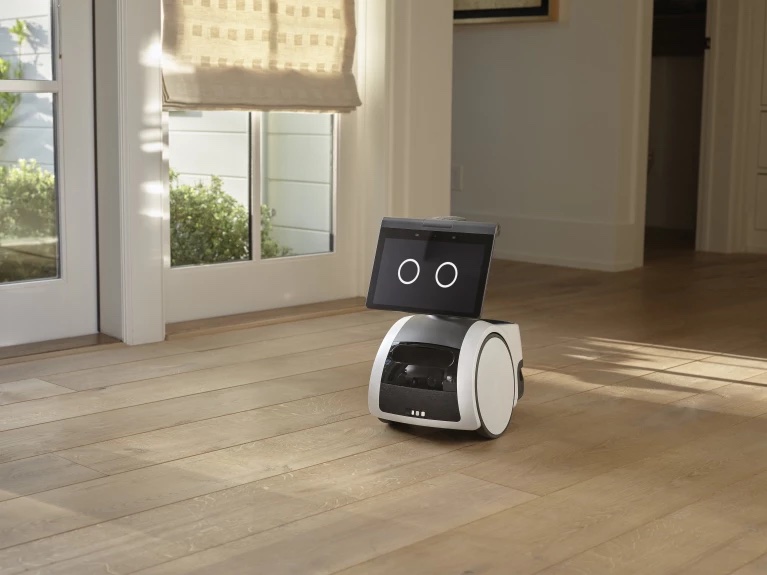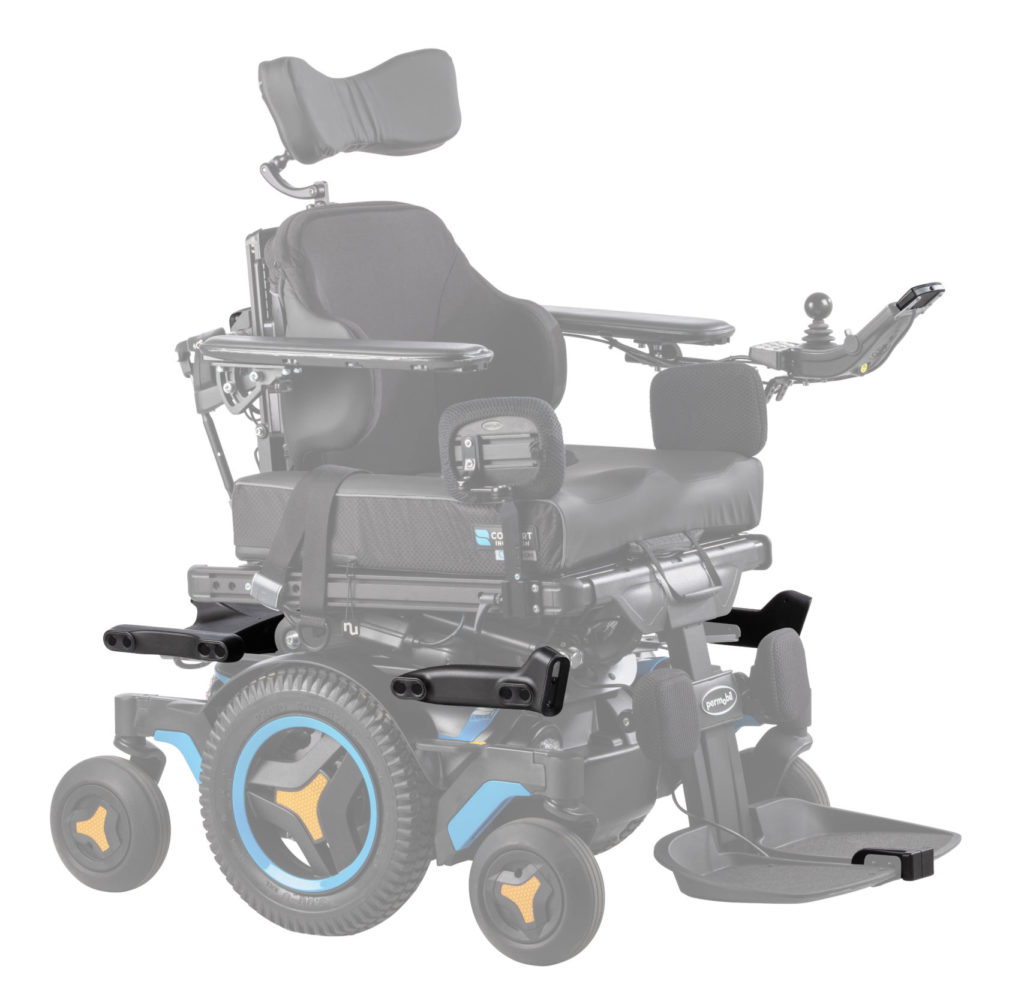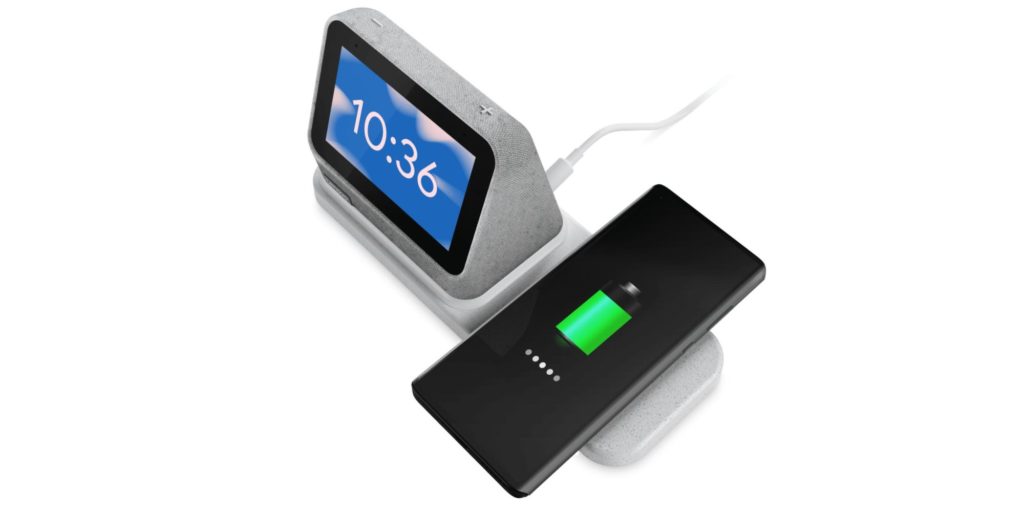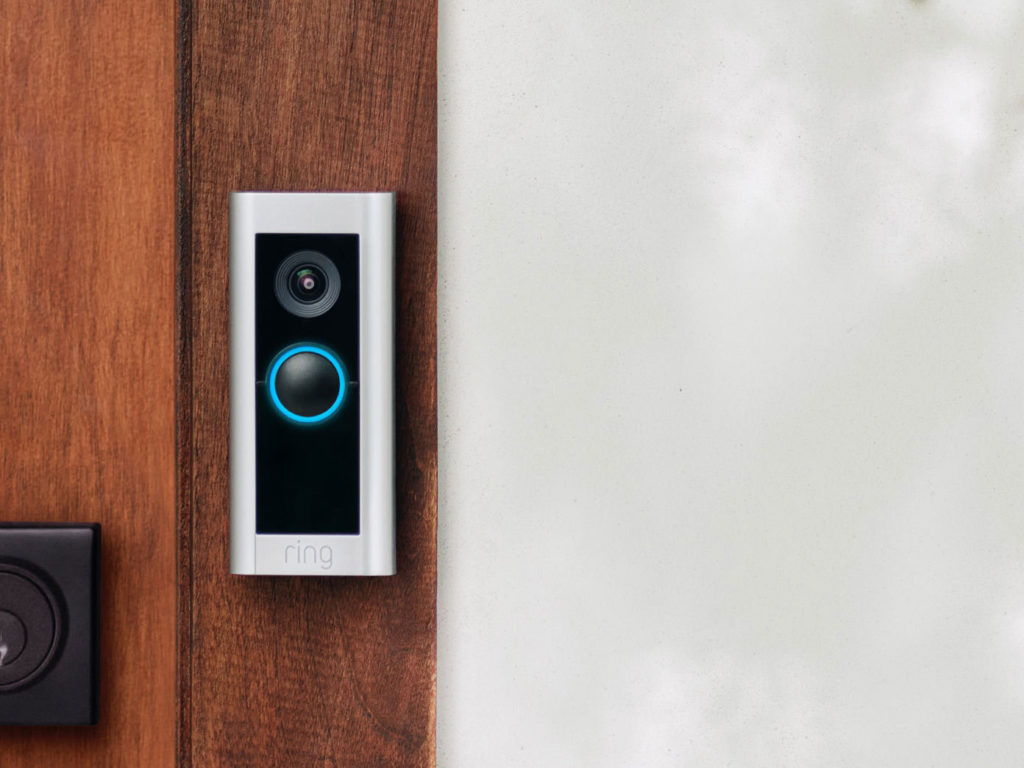This week we continue discussing privacy and data protection with a focus on the smart home. I’d like to see a feature that lets us turn on privacy as needed on our devices, but Kevin doesn’t think that’s likely. For those who want concrete steps they can take today, Mozilla and the EFF have some suggestions that will appeal to the DIY types. And smart home device makers should be aware that if they focused on privacy, the might sell more gear according to a recent survey. For those worried about security (less about privacy), we discuss network segmentation options. In smaller news on this slow news week, Unabiz will retain the Sigfox brand, the FCC approves roaming satellite broadband via Starlink, and Samsung SmartThings is readying an app update with more features. I also share the devices I connect before I head out of town. In our IoT Podcast Hotline we answer a listener question about the best platforms on which to practice IoT development.
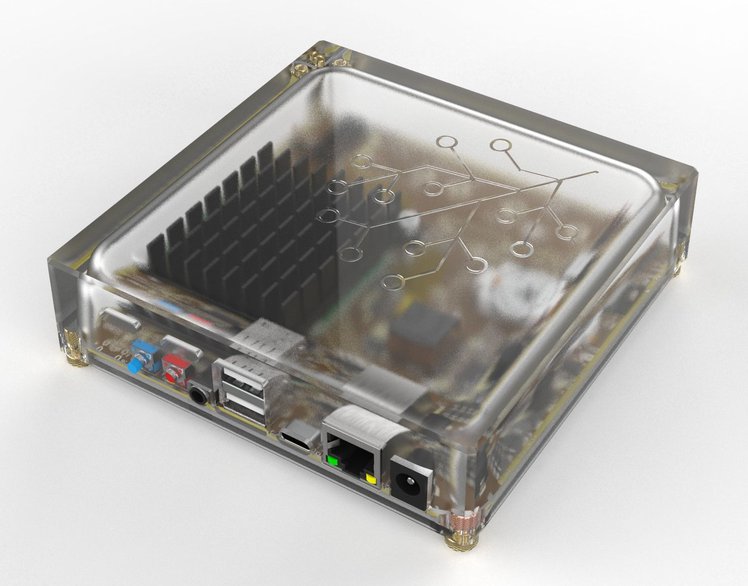
Our guest this week is Vijay Sankaran, the CTO of Johnson Controls. He talks about the reasons we’re adding more sensors to our buildings, and ensuring they work with other with IT systems. He also explains what needs to happen at the edge and what should take place in the cloud, while also laying out the standards we need to make digital twins of smart buildings. On the practical front, he says that customers usually start with modernizing buildings that are more than 10 years old or those that are currently under construction. And the best way to get started is for customers to start tracking carbon consumption by trying to understand how much energy is being used in a building and then understanding what deices are using it. Only after customers understand that, can they work on optimizing their energy usage to reduce consumptions or at least allocate carbon consumption to places or products that generate the most value.
Hosts: Stacey Higginbotham and Kevin Tofel
Guest: Vijay Sankaran, the CTO of Johnson Controls
Sponsors: InfluxData and Intent
- The privacy-focused smart home is DIY but doable.
- What would you buy if privacy concerns didn’t hold you back?
- Here are the devices I use when on vacation.
- When it comes to smart buildings, which should get modernized first?
- Standards matter for digital twins of smart buildings.
Podcast: Play in new window | Download | Embed
Subscribe: RSS

